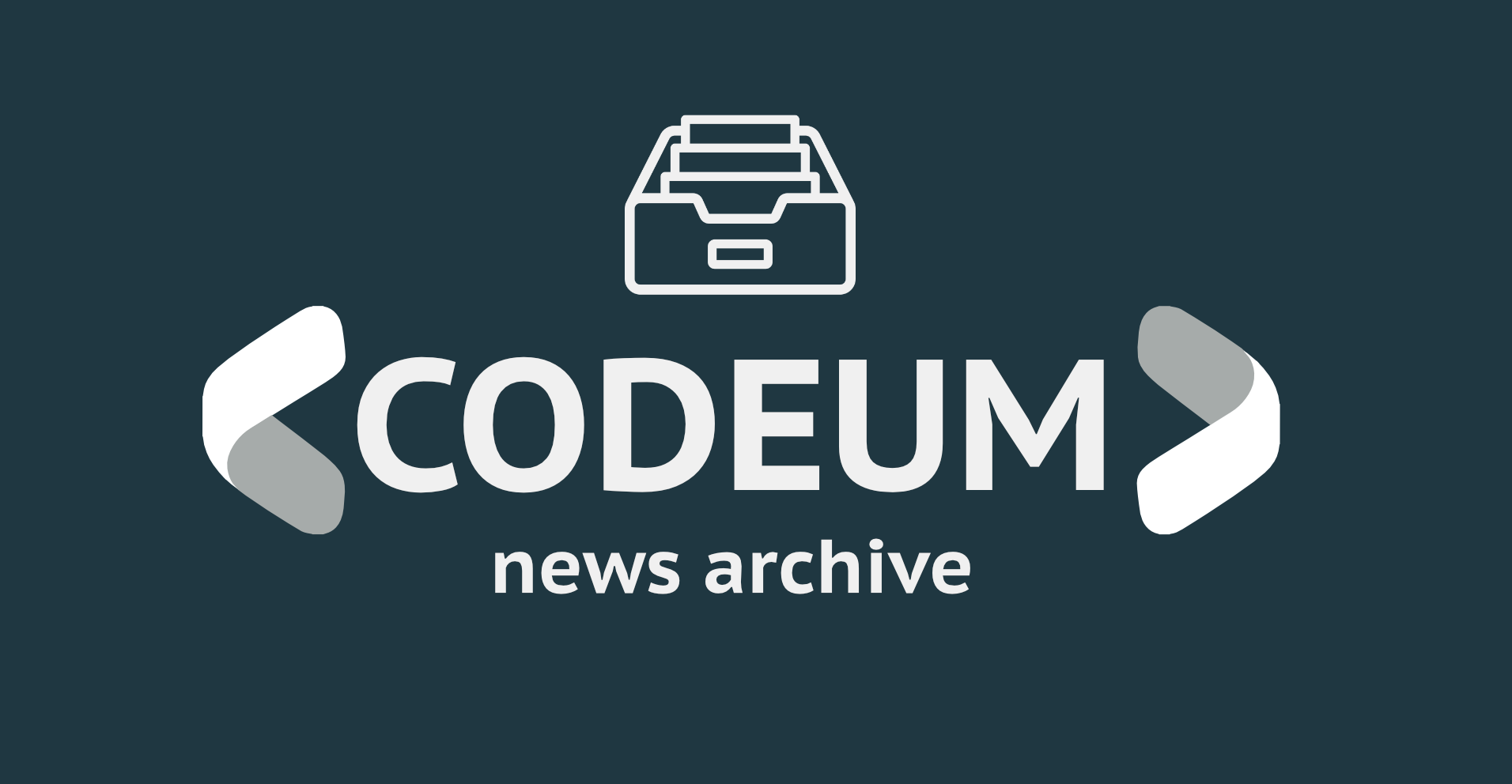
OCC Chief Says Stablecoins Need Common Standard
Key Takeaways
- The Office of the Comptroller of the Currency has said that stablecoins need a common standard.
- He claimed that stablecoins should be interoperable with each other.
- He harkened the current state of stablecoins back to the early days of the Internet.
Share this article
The acting chief of the Office of the Comptroller of the Currency has claimed that stablecoins should be given a common standard similar to the way that certain web practice standards were established in the early days of the Internet.
Stablecoins Scrutinized
The state of stablecoins in the cryptocurrency markets has been critiqued by an important regulator in the United States.
Michael Hsu, the head of the Office of the Comptroller of the Currency—an independent bureau of the U.S. Department of the Treasury that is tasked with regulating and overseeing banks—has said that stablecoins need to become interoperable with each other. He emphasized the potential boon that might come if companies that issue stablecoins would put forth and adhere to one technical standard.
Speaking in the nation’s capital at the symposium for Artificial Intelligence and the Economy: Charting a Path for Responsible and Inclusive AI, the acting chief of the OCC, Hsu, said:
“To ensure that stablecoins are open and inclusive, I believe a standard-setting initiative similar to that undertaken by [the Internet Engineering Task Force] and [World Wide Web Consortium] needs to be established, with representatives, not just from crypto/Web3 firms but also including academics and government.”
Hsu also noted the OCC’s willingness to work with other government agencies to help stablecoin companies to work out a single technical standard such as those practiced in the Internet’s infancy. The OCC might tap the National Institute of Standards and Technology, for example, to facilitate the adoption of a shared standard for stablecoins, whereby they might be interoperable.
Stablecoins are meant to provide a more stable asset through which to trade and store value via their peg to other assets, such as dollars. There are several on the market, from those issued by centralized companies, such as Tether’s USDT and Circle’s USDC, to decentralized (or algorithmic) stablecoins like MakerDAO’s DAI or Terra’s UST.
Stablecoins have been a hot topic of discussion for U.S. regulators and lawmakers in recent months. Last December, the U.S. Senate Banking Committee held a hearing on stablecoins, and the committee’s chair Senator Sherrod Brown noted his view that stablecoins made it easier for people to risk their money on volatile, or even fraudulent, cryptocurrencies. However, at the House Financial Services Committee’s February hearing, the Congress members’ consensus seemed to favor not forcing stablecoin issuers to become insured depository institutions.
Today it was reported that Representative Tom Emmer (R-MN) has drafted legislation that would place certain yield-bearing stablecoins under the purview of the SEC.
Disclosure: At the time of writing, the author of this piece owned BTC, ETH, and several other cryptocurrencies.
Share this article
Source link